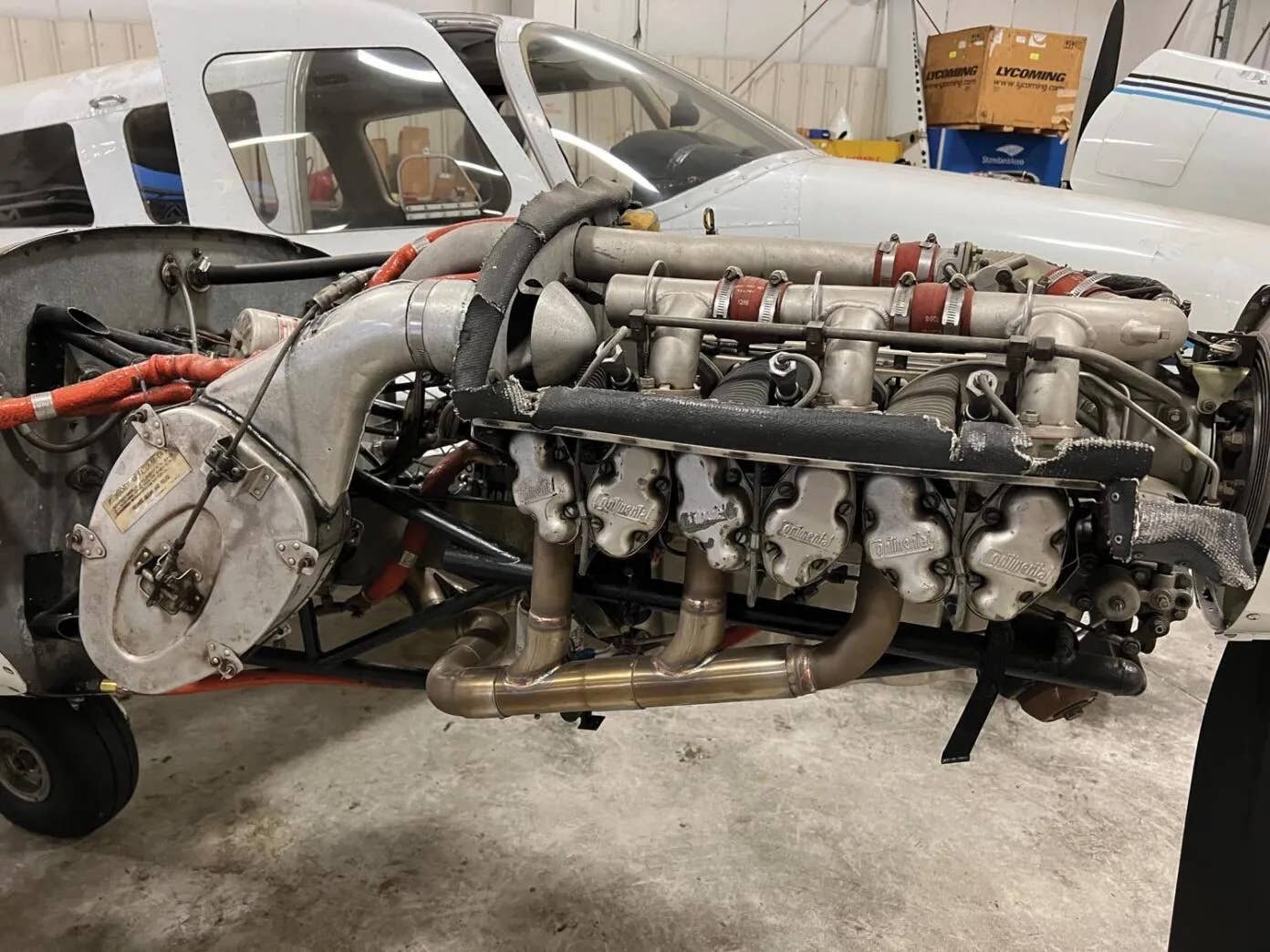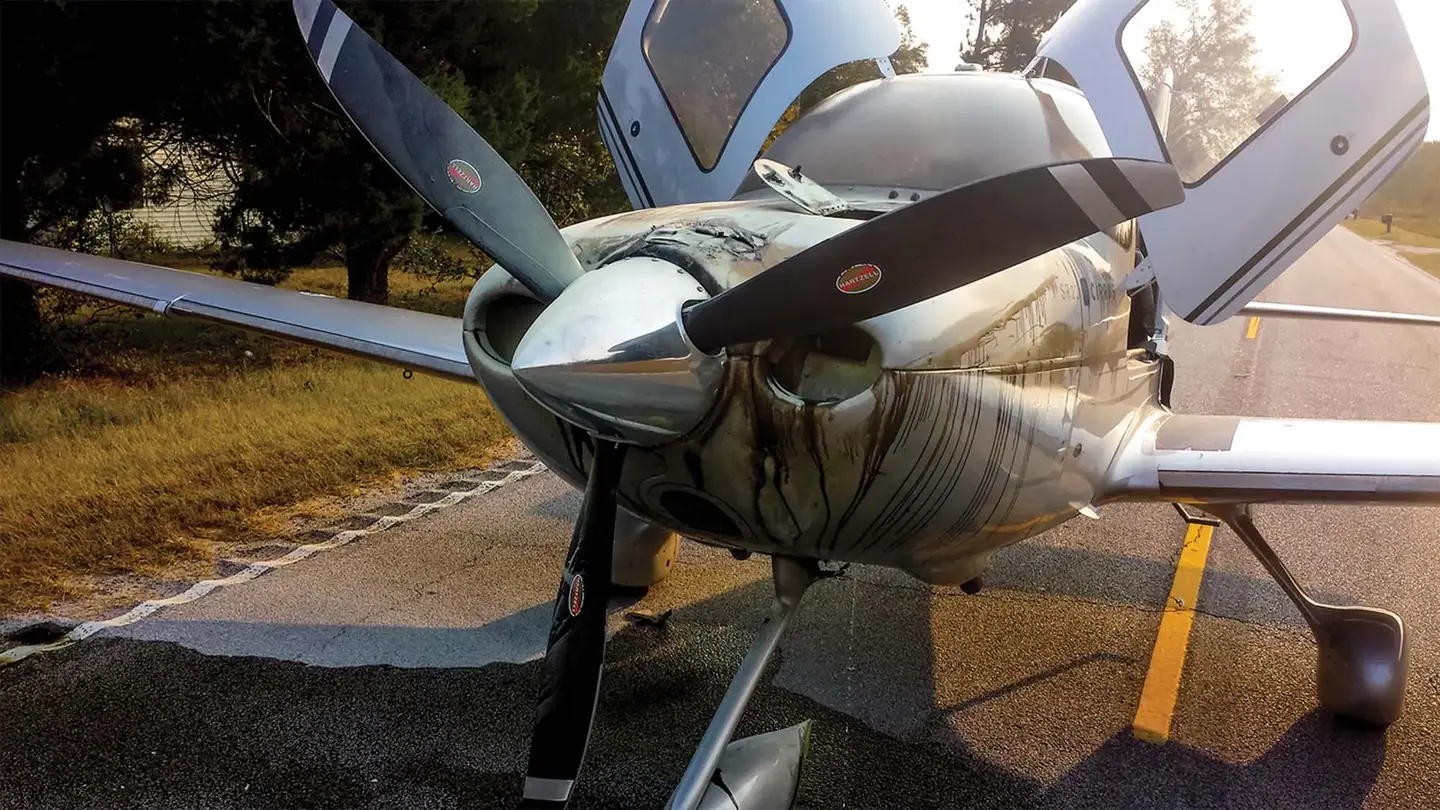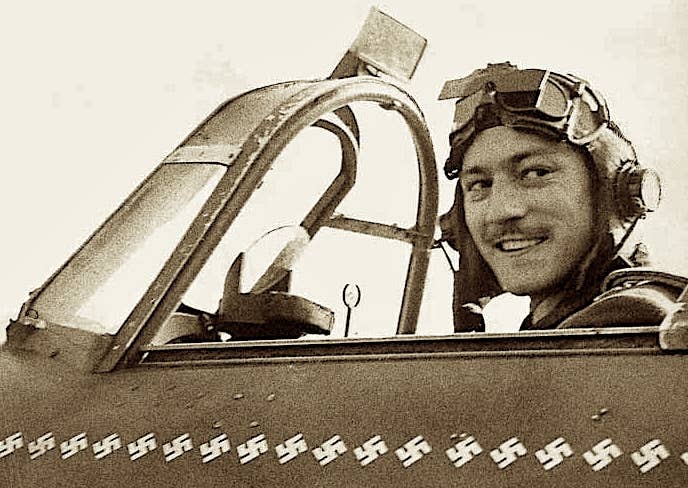AVmail: March 8, 2004
Reader mail this week about no-fly zones, aging and accidents, and aviation politics.
No-Fly Zones
AVweb wrote (NewsWire, Mar. 1):
On Feb. 11, Rep. Edward J. Markey (D-Mass.) proposed the bill (H.R. 3798 that would require the DHS to establish no-fly zones around nuclear plants and chemical facilities for the duration of any high threat levels, including level orange or above. The zones could also be implemented anywhere else the DHS might designate, at any time it deems appropriate.
Looks to me that with elected "leaders" like Markey (of course, what else would you expect out of a Dem. from Massachusetts?), the terrorists have already won. This is just one more step in the planned shut-down of aviation freedom. These people think freedom is the most dangerous concept in the world. The term "homeland security" has become a tool to restrict without reason. Wonder if these rules apply to the trucking industry? Too bad we allow them the opportunity to force their anti-American views on the "home of the free."Dale Carlson
Security and Insurance Will Kill G.A.
I am a member of a 20-member flying club that bases its 1976 Cessna 172M at the Phoenix-Goodyear Airport (GYR). We rent a T-hangar owned by the City of Phoenix as well as purchase airplane fuel from the City of Phoenix.Recently, we have been notified by the City of Phoenix of a draft proposal for changes in the rules and regulations at GYR, as well as Deer Valley Airport (DVT) and Sky Harbor Airport (PHX), all owned by the City of Phoenix.The proposed new rules that most onerously affect us are:
- We must apply for a Flying Club Permit and pay $100.00 fee per year for the honor of being harassed.
- With the initial Permit application, the Club must submit the following:
a. Number and type of airplanes operated by the Club plus evidence that the airplane(s) are properly certificated and owned by the Club.
b. The Club's charter of incorporation. We are a non-profit corporation under the laws of Arizona.
c. The Club's rules and regulations.
d. List of members and Club officers and directors.
e. Update all of the above every six months.
f. All Club books and records must be available for inspection by the Airport management at any reasonable time. - If the airplane is used for flight instruction, the instructor must be employed by the field FBO who provides flight training. Currently there is no FBO at GYR. I don't know how this affects recurrent training, i.e., biannual flight reviews and the FAA Wings program. Currently we allow freelance CFIs to provide such training and for additional ratings, i.e., obtaining an instrument rating. The Club has, in the past, allowed the airplane to be used for initial flight training, i.e., obtaining a Private Pilot Certificate for new members.
- The new regulations imply that an airplane mechanic who works on the plane must also be employed by the field FBO. We currently use freelance, certified mechanics to oversee and approve mechanical work performed by Club members in accordance with FAA rules and regulations, as well as to perform work requiring a certified mechanic.
- The Club must maintain $1,000,000 of liability and property damage insurance to cover the rented premises (the T-hangar). We do not now carry such insurance.
- The Club must maintain $5,000,000 of liability and property damage insurance on each Club airplane. We do not currently carry this amount of airplane insurance.
- Each Club member, who wishes to access the airport property via private vehicle (drive to the T-hangar), must maintain $1,000,000 of liability and property damage insurance on his/her private vehicle. Few, if any, members carry auto insurance of this magnitude.
- All insurance policies required above must show the City of Phoenix as an additional insured.
By the way, the Club is organized as a non-profit organization under the laws of the State of Arizona.If these rules are put into effect, our Club will either disband and cease to exist or move to another airport.I approached AOPA on the issue and, essentially, they said it's the wave of the future, so no help there.Phil Batton
Dignity on Airliners
David Stempler says that weighing passsengers is a matter of "dignity" (Newswire, Mar. 1.) Is taking off shoes and some clothing in a search for dangerous items not a matter of "dignity"?Carmen D'Agostino
Lock Up Those Planes
Regarding the stolen C172 (NewsWire, Mar. 4) ...Almost the same thing happened around here a few years ago. A drunk student pilot went to the airport sometime during the night, broke a large lock on the municipal airport hangar, rolled out a Cessna 152, took off in a heavy fog and promptly crashed in heavy timber off the end of the runway, not to be found for two or three days.The sad thing was that his family sued the municipality, the lock manufacturer, the instructor, Cessna, Lycoming, McCauley, etc. His instructor told me that it cost him $10,000 to defend himself, and his lawyer told him, "Thank God you hadn't signed him off for solo." I understand that Cessna, et al., paid some sort of settlement.This is the kind of stuff that drives the cost of flying up for all of us.Richard Warner
Turboprop Engines Reversed?
AVweb Replies Thanks for that correction -- we know some pilots who use the term "reverse" for the beta position on turboprops and thrust reversers on turbojets, but it could be considered sloppy terminology. Kevin Lane-Cummings
Features and AVmail Editor | ||
In your article of today, "Super Tuesday Plus One, NATCA Backs Kerry" (NewsWire, Mar. 4), you allowed an untruth to be made under the name of politics. You allowed someone to make a statement that basically denounced the Bush administration for trying to privatize the air traffic controller system. Please tell me if you really feel that this is a true statement or just the normal b.s. weve come to expect in politics.T. David Warren
Enough with your politics already.I'm sick to death of hearing about John Kerry. My opinions don't belong here, but when you purport to publish aviation news, anything written about him is about as welcome as a skunk in the basement. And these air traffic controllers ... wouldn't you like to be making 125K a year for working six hours a day? I'm not in favor of privatizing air traffic control but I work for my money and think maybe they should too. Too bad President Reagan's union busting efforts didn't last.William Bleazard
|
AVweb Replies In our opinion, it is important for everyone in aviation to know the presidential candidates' proposed policies. We just reported what Kerry and NATCA said. It is too early to tell if the Bush administration is actually going to attempt to privatize ATC, or whether Kerry (if elected) would actually keep it a government organization. Kevin Lane-Cummings
Features and AVmail Editor |
||
Aging and Accidents
The data seems scarce enough -- and inconclusive at that -- that age and aviation accidents are related (NewsWire, Mar. 1). One might also note that while a relationship may be shown in numbers, that does not necessarily mean there is a causative connection. The waters really muddy when there are several variables -- weather, experience in all its forms, psychology, etc. -- and very little data to analyze. The Navy notices a bump in their tactical jet accident rate at around 2000 hours, believed to be due to surviving early tours, which leads to an immortal best-fighter-pilot-in-the-world feeling -- for a very short time.The FAA's case for the age 60 rule is a perfect example of bad reasoning. (Are we surprised?) I recently heard a perfectly un-knowledgeable expert on NPR describe the age rule as a proxy for ability. If there is any profession that needs no proxy, it is the airline pilot job: Two medicals, random screenings, sim checks, LOFT training, route checks, FAA inspections, peer reviews -- all of these test actual ability. Of course, physical ability decreases with age, but the direct test is the thing. For the private pilot, who isn't tested as often, it may be more important that we use our superior judgment (keeping out of situations requiring our superior skill) to know when to stop. Tough, but those are the kind of decisions we've been making all our piloting life. Between the official tests, we do our own.I have a couple of great examples. One, Mr. Brooks on Lake Coeur D'Alene, still going strong in his Beaver at age 80+. Another, a good friend who turned in his medical at age 49 after a mild and officially undetectible stroke because of possible adverse effects on his ability. Hats off to both.Mike Hudgins
In the article about pilot age you make the following statement: "A study released last month by the AAA Foundation for Traffic Safety found a link between aging and safety, concluding that drivers over age 65 are more likely to die in car crashes." In the article this is taken to mean that skills must have diminished, and that that is the reason for the deaths. The article doesn't examine whether people 65 or older actually have a higher rate of serious accidents, and there lies the flaw in the logic. People 65 and older are more likely to die in an accident because their bodies are becoming more fragile, and an accident that may be survivable for a young person becomes a fatal accident for the older person. This is true for autos and aircraft and doesn't reflect skill or ability at all. To determine pilot skill or ability you would need to look at age versus the rate of accidents, and I believe you would find that the accident rate is far higher for young people.I am an Aviation Safety student at Embry-Riddle Aeronautical University, the Commander of a Civil Air Patrol squadron, and a Commercial Pilot.Al Matson
|
AVweb Replies We agree that the susceptibility to injury of the older drivers is probably a factor in those statistics on driver fatalities. However, in the news release summarizing the study's findings, the folks at AAA didn't say that was the explanation for the difference, or that skills were not a factor. What they said is this:
In the full version of our story we provide excerpts from -- and a link to -- that news release, and there are links there to the full text of the AAA study. Another study we cite, by the FAA, does say that younger pilots also have a high accident rate, which levels off in middle age, but then starts to climb again after age 60. Also, our story notes that analyses based on accident data alone have inherent flaws, especially for aviation, because crashes are relatively rare, and there are so many variables, and age is only one. The lab experiments that we reviewed tended to show that while there are definite declines with age in such abilities as short-term memory and the ability to multi-task, experienced people develop remedies to cope with these changes that allow them to maintain their performance levels. But those studies so far have been relatively small and inconclusive. Mary Grady
Senior News Editor |
||






